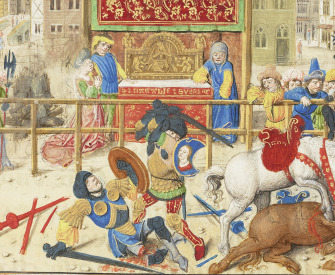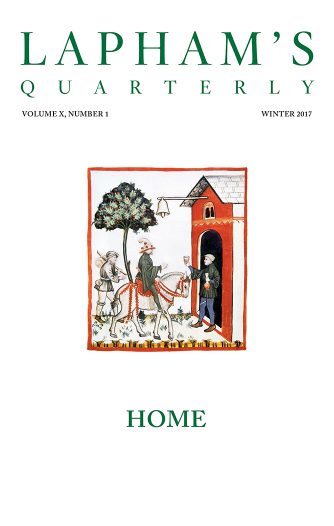The price which society pays for the law of competition, like the price it pays for cheap comforts and luxuries, is great; but the advantages of this law are also greater still, for it is to this law that we owe our wonderful material development, which brings improved conditions in its train.
But whether the law be benign or not, we must say of it: it is here; we cannot evade it; no substitutes for it have been found; and while the law may be sometimes hard for the individual, it is best for the race, because it insures the survival of the fittest in every department. We accept and welcome, therefore, as conditions to which we must accommodate ourselves, great inequality of environment, the concentration of business, industrial and commercial, in the hands of a few, and the law of competition between these as being not only beneficial but essential for the future progress of the race.
Objections to the foundations upon which society is based are not in order, because the condition of the race is better with these than it has been with any others which have been tried. Our duty is with what is practicable now; with the next step possible in our day and generation. It is criminal to waste our energies in endeavoring to uproot, when all we can profitably or possibly accomplish is to bend the universal tree of humanity a little in the direction most favorable to the production of good fruit under existing circumstances. We might as well urge the destruction of the highest existing type of man because he failed to reach our ideal as favor the destruction of individualism, private property, the law of accumulation of wealth, and the law of competition; for these are the highest results of human experience, the soil in which society so far has produced the best fruit. Unequally or unjustly, perhaps, as these laws sometimes operate, and imperfect as they appear to the idealist, they are nevertheless like the highest type of man, the best and most valuable of all that humanity has yet accomplished.
From “The Gospel of Wealth.” Born in Scotland, Carnegie immigrated to Allegheny, Pennsylvania, when the rise of mechanized textile production left his father, an artisan weaver and labor agitator, destitute. A cotton-factory bobbin boy at age twelve and superintendent of the Pittsburgh railway eleven years later, Carnegie built the first major American steel plants in the 1870s, eventually selling his company to J.P. Morgan for $250 million in 1901.
Back to Issue


